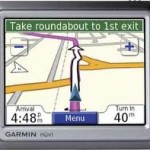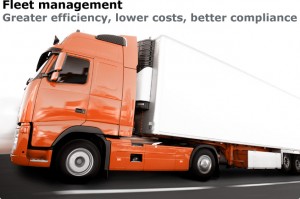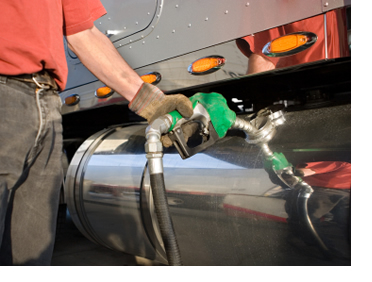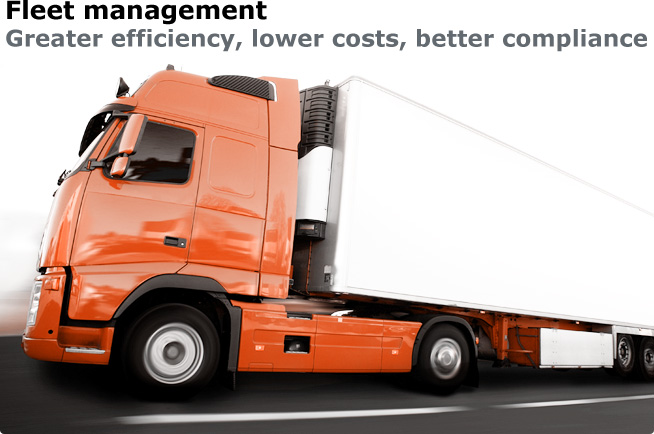- September 21st, 2010
- Jackson Parker
GPS System Improves Washington County Fleet Productivity

Before installing GPS fleet tracking devices, Deakins Jr. had heard several accounts of vehicle misuse, motivating him to research online and purchase the fleet tracking devices. For example, Deakins Jr. recalled one truck driver who was only authorized to drive his truck to and from work everyday. However, the truck driver was using the County owned fleet vehicle for personal errands – about 12 miles on average per day. While this may not sound like a lot, according to Deakins, “These trucks only average 11-12 miles per gallon. So the cost in fuel adds up quickly.”
In addition to the personal use of County fleet vehicles, Deakins Jr. acknowledged there were other issues that almost all fleets deal with, such as long lunch breaks and unauthorized time off during work hours. Thanks to the County’s GPS fleet tracking devices, Deakins Jr. can now monitor a driver’s exact location within roughly 10 – 15 feet. He also set speed limits for fleet trucks and automatically receives notification alerts each and every time a truck driver exceeds that limit.




















